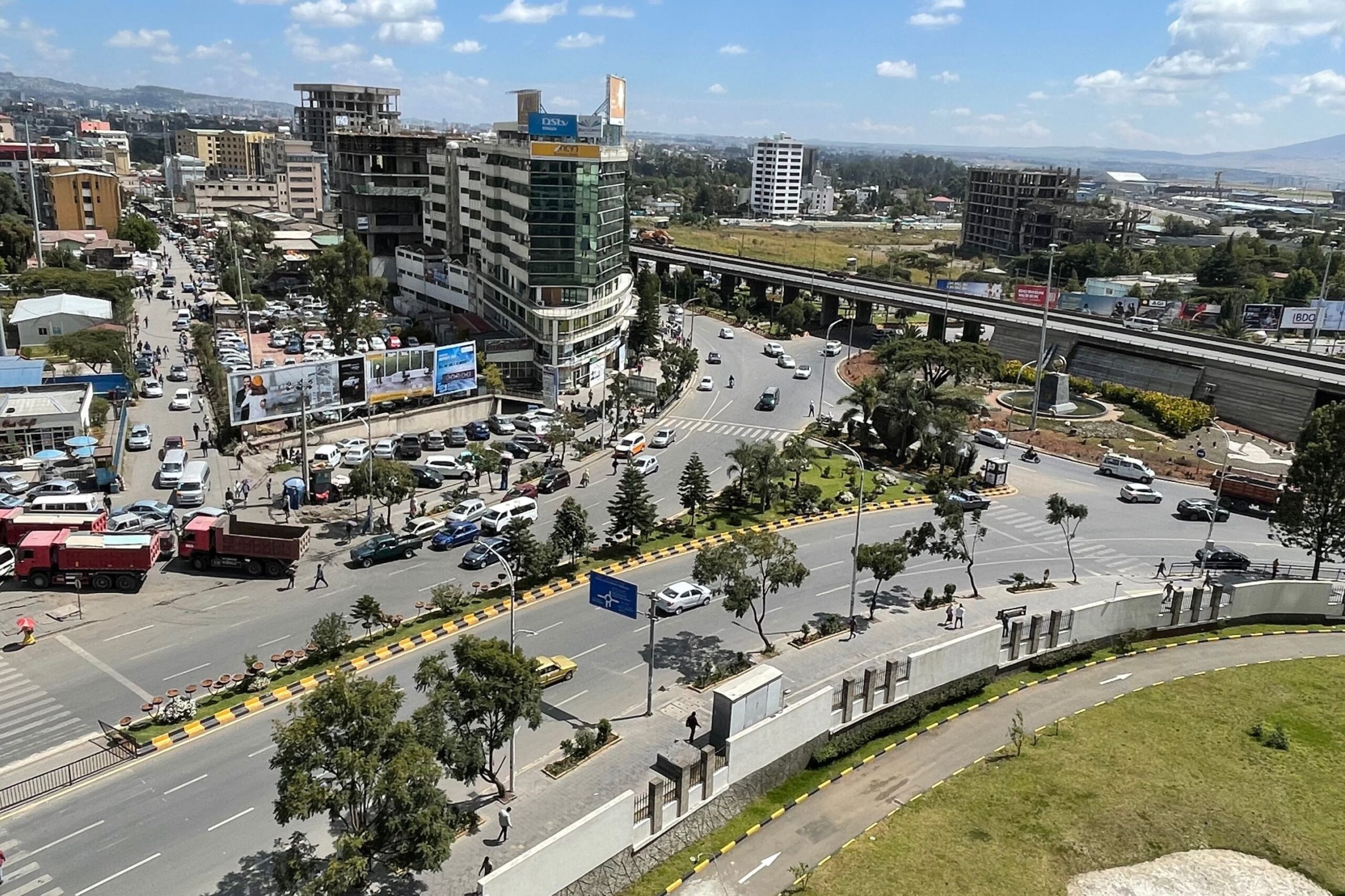South Africans have become numb to some of the major challenges the country faces.
Blackouts at stages equal to terminal cancer, out-of-control crime and poverty growing at the rate of an untreated, metastasising tumour.
South Africans live among decay on a grand scale.
It could have been different. A simple, face-value comparison exercise with another African city allows for taking a step back and taking in the rot.
Addis Ababa is the Ethiopian capital and the centre of continental decision-making.
It is where the African Union holds its indabas. It is the economic powerhouse of a country that is leading the charge of African progress.
Population
Johannesburg and Addis Ababa have roughly the same population, around 5.5 million souls with Ekurhuleni a million behind.
All three are industrialised, major cities across vast expanses of land. All three have challenges with crime, house both the rich and poorer and face power problems.
ALSO READ: Ethiopia starts power generation from second turbine at mega-dam
But that is where a face-value comparison begins and ends.
Spending a day in Addis Ababa, cross-crossing the hilled city, was a revelation.
The place is clean. Just like in South Africa, a large number of people live beneath the poverty line, but it seems they have learnt to clean up after themselves.
A main arterial road in Addis Ababa, connecting downtown to the airport precinct and beyond, is a dual carriageway William Nichol-like islanded road.
But, unlike here, there is no orphaned pile of junk waiting for garbage collection or tin cans and rubbish rolling about the street. It is spotless.
In fact, the island is decorated with large, cast-iron arms carrying flowering pot plants. The grass is cut short and green.
Compare this to Fourways and William Nicol.
Unkempt sidewalks, islands and rubbish strewn everywhere. The grass is not tamed often and motorists queue at traffic lights that are either load shed or not working.
These intersections are staffed by the homeless, these days, filling in for metro police almost permanently, directing traffic for tips.
Potholes in Addis Ababa vs Mzansi
If you connect the potholes in a paint by numbers fashion, it probably spells “disaster” and a couple of expletives directed at government, municipalities and tenderpreneurs, whose doings have been the undoing of what South Africa used to have.
While anecdotal, 12 hours of criss-crossing Addis Ababa yielded only two potholes and a handful of nonworking traffic lights. But the intersections were staffed by uniformed police, directing traffic without diving for tips tossed out of drivers’ windows.
The minibus taxis there drive almost as wildly here, but the ranks are spotless. Drivers and passengers do not toss out their trash. There are bins for that and almost every street corner has one.
In the once lively Hillbrow, street corners are home to peddlers of sex and drugs, right next to heaps of rubbish.
Merkato market and its surrounding smaller markets, like the Cotton precinct, is a massive area. It is busy; your phone must be chained to your body to foil pickpockets and some of the buildings look a bit old and in need of several coats of paint.
Thousands of people walk around eating, drinking and shopping here, every day. But nobody tosses their empty wrappers on the street. It is a tidy malaise.
Down the drag in Addis Ababa, some of the poorest neighbourhoods look similar to the townships in Jozi and the East Rand. Shacks, poverty and a densely housed populous. But there is a difference: nobody has to navigate heaps of rubbish in any of the areas explored in Addis Ababa.
Street traders in the Ethiopian capital hawk on clean pavements, their customers make sure to dump everything from banana peels to soft drink cans and wrappers in rubbish bins. Can we say the same about Joburg and Ekurhuleni?
ALSO READ: ‘Everything increasing except wages’: inflation batters Ethiopia
Even after a year of coalition government in these two cities, the filth remains and the potholes breed like rabbits. And while the homeless direct the traffic, metro cops have a roadblock for traffic fine checks down the road. In Addis Ababa, I saw a police officer help a blind man across the road.
During a half-day of exploration, two eyesores appeared happenstance in Addis Ababa.
The one, an urban trash heap on the side of the road. The other first looked like a heap of discarded containers, until closer inspection revealed a shack owner had created a rooftop sculpture out of colourful plastic containers.
People are arrogant in SA. It is a rude awakening when you travel north and see Mzansi is being left behind.



